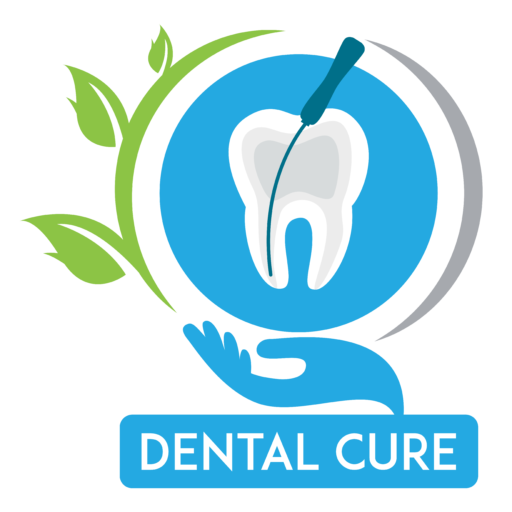Dental Scaling & Polishing
What are Scaling & Polishing
Scaling and polishing are essential components of preventive dentistry that focus on maintaining optimal oral health
Scaling: This procedure involves removing plaque tartar (hard plaque) from the tooth surface, especially around the gums and in areas that are difficult to reach during regular brushing
Polishing: Polishing follows scaling and is the process of smoothing the tooth surface to prevent staining and plaque buildup
Why does one need Scaling & Polishing
Even with diligent oral hygiene practices, plaque and tartar can accumulate over time.
- Gum Disease Relief: Helps prevent gum disease by removing plaque and tartar.
- Fresh Breath: Scaling and polishing removes bacteria contributing to bad breath, leaving your mouth fresh.
- Cavity Prevention: Completing a dressing reduces the risk of cavities and improves oral health.
- Improves aesthetics: Polishing improves oral health and contributes to a bright and aesthetically pleasing smile.
Different types of Scaling & Polishing
- Supergingival Scaling: Focuses on removing plaque and tartar from the roof of the gums.
- Subgingival calibration: Checks tartar buildup in the pocket between teeth and gums, targeting areas beneath the gums.
- Air filling: A mixture of water, air, and powder removes stains and scratches that do not directly affect the teeth.
What is the procedure for Scaling & Polishing
- Examination: The dentist examines the teeth and may use X-rays to evaluate the formation of nerves and soft tissue.
- Scaling: The dentist uses special tools to remove plaque and tartar from the tooth surface.
- Polishing: Surface stains are removed using a high-powered electric brush and a thick toothpaste-like substance.
- Fluoride compounds: In some cases, fluoride compounds can be used to strengthen the teeth.
Post-Treatment Care of Scaling & Polishing
- Keep your mouth clean: Brush and floss regularly to prevent plaque recurrence.
- Avoid stains: Limit foods and drinks that can damage your teeth, such as coffee and red wine.
- Regular dental checkups: Schedule regular dental and oral health checkups to address any emerging problems immediately.
FAQs related to Dental Scaling & Polishing
It is usually a painless procedure. Local anaesthesia can be used for those with sensitive gums.
Frequency varies but is generally recommended every 6 to 12 months, depending on an individual’s oral health needs.
When done by a professional, scaling and polishing do not damage the enamel; Instead, they contribute to its health by removing harmful deposits.
